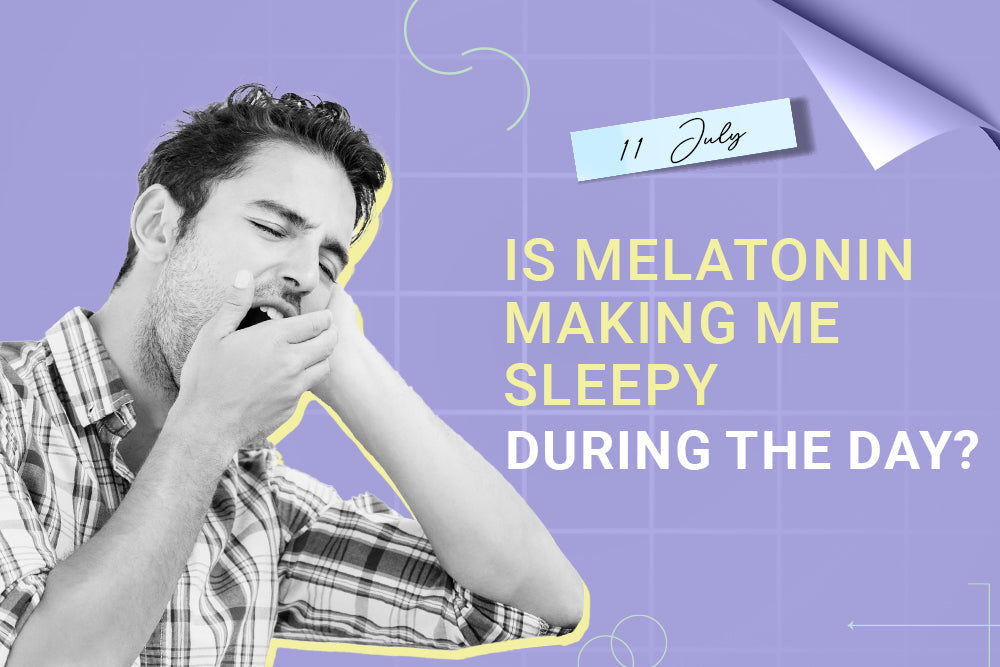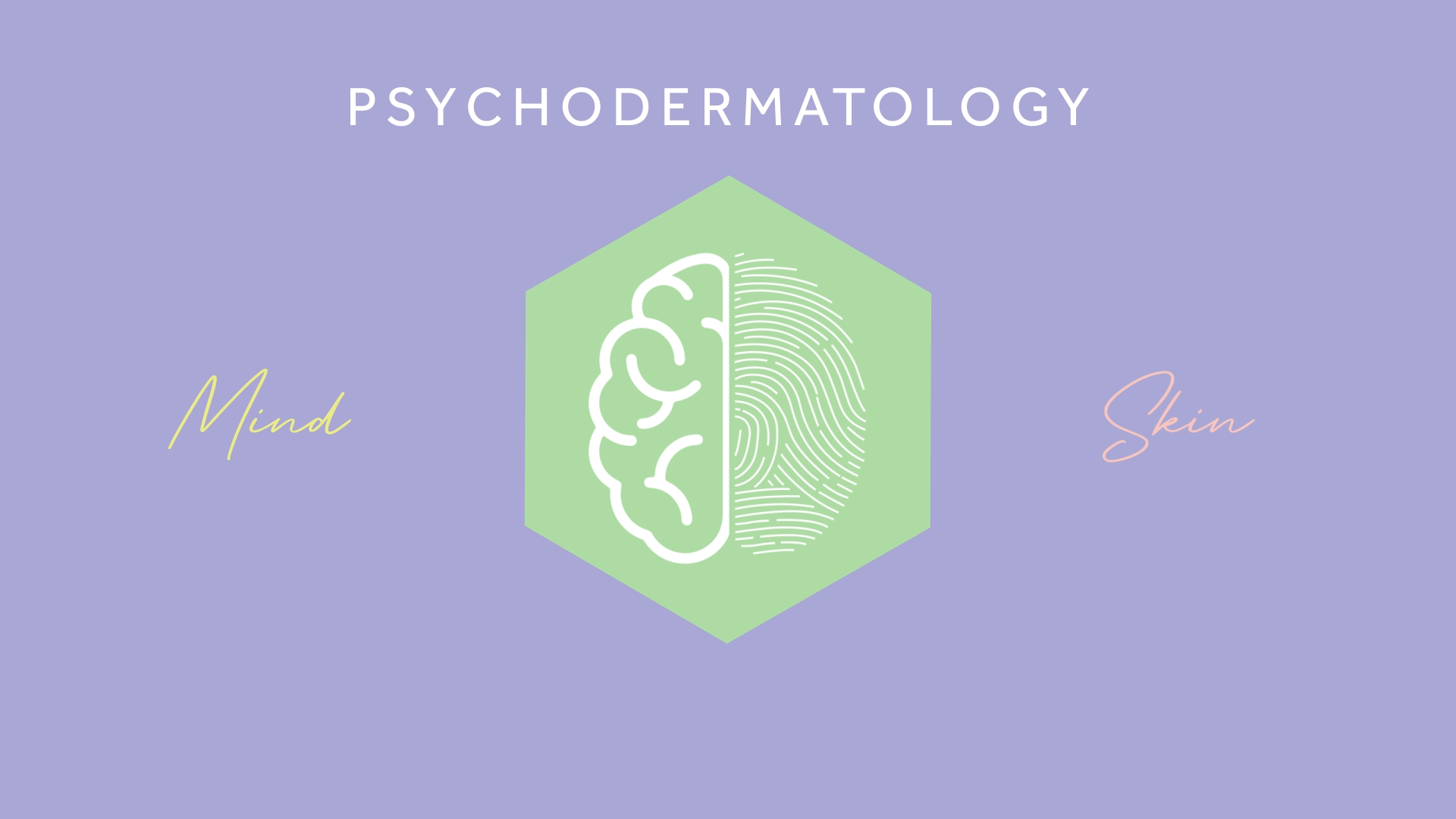Melatonin has become the go-to sleep aid for everything from late-night overthinking to long-haul flights. But what happens when the very supplement you’re taking to sleep better is leaving you groggy, sluggish, or even more tired during the day?
If you've ever taken melatonin before bed and then struggled to stay alert the next morning, you're not alone. Daytime drowsiness is a common complaint, and it might be a sign that melatonin isn’t working the way your body needs it to.
Let’s explore why.
What Melatonin Really Does (And What It Doesn’t)
Melatonin is a hormone that your brain produces naturally in response to darkness. It’s part of your internal clock, helping to signal when it’s time to wind down and go to sleep.
What doesn’t it do? Knock you out. Melatonin isn't a sedative, but it simply nudges your body toward a sleep state.
So when people use melatonin supplements, expecting deep, uninterrupted sleep, they’re often disappointed. Especially if:
-
It’s taken at the wrong time
-
The dose is too high
-
Their body already produces enough melatonin naturally
The Problem With Too Much Melatonin
Melatonin supplements are typically available in doses far higher than what your body actually needs, sometimes 3 to 10 times more. This excess can linger in your system, disrupt your sleep cycle, and leave you feeling groggy well into the next day.
Other common side effects include:
-
Headaches
-
Brain fog
-
Mood swings
-
Vivid or restless dreams
-
Waking up feeling less rested, not more
It’s also worth noting: melatonin is not recommended for long-term, daily use in many cases, especially without guidance from a healthcare provider.
Common Side Effects of Melatonin You Shouldn’t Ignore
Melatonin is often praised as a natural, non-habit-forming sleep aid—but that doesn’t mean it’s free from side effects. While it’s generally safe for short-term use, especially in low doses, your body may still respond in ways you might not expect.
Here are some common side effects that deserve your attention:
1. Daytime Drowsiness
Ironically, melatonin taken at the wrong time or in too high a dose can leave you feeling groggy the next day. If you’re waking up foggy or sluggish, it may be a sign your dosage needs adjusting or that your body isn’t metabolizing it quickly enough.
2. Vivid Dreams or Nightmares
One of the most reported side effects is unusually intense or vivid dreams. While not necessarily harmful, they can disrupt your sleep quality and leave you feeling restless.
3. Headaches
Some users experience mild to moderate headaches, especially when starting melatonin. This could be due to the way it affects your natural circadian rhythm or interacts with other hormones.
4. Mood Changes
Melatonin can influence mood, particularly in sensitive individuals. You might feel more irritable, anxious, or even low, especially if your natural sleep-wake cycle is being shifted too quickly.
5. Hormonal Effects
Because melatonin is a hormone, long-term use might interfere with your body’s natural hormonal balance, especially in teens or women dealing with hormonal fluctuations (such as during PMS or perimenopause).
6. Stomach Discomfort
Nausea, cramps, or general digestive discomfort can occasionally occur after taking melatonin. This may be more common with high doses or slow-release formulas.
When to Talk to a Doctor:
If you’re experiencing any of the above symptoms regularly, or if they’re affecting your daily functioning, it’s worth consulting a healthcare provider. Melatonin is not one-size-fits-all, and sometimes a more tailored approach to sleep support is needed, especially if you're also dealing with stress, anxiety, or skin-related issues linked to poor sleep.
What Your Body Might Need Instead
For many people, the issue isn’t that they can’t fall asleep; it’s that their bodies are in a constant state of stress. Racing thoughts, overactive cortisol levels, and nervous energy all contribute to shallow, fragmented sleep.
That’s where ingredients like magnesium, adaptogens, and calming botanicals come in. These support your body’s natural processes, helping you:
-
Relax more easily
-
Lower stress hormones like cortisol
-
Stay asleep longer
-
Wake up feeling refreshed, not sedated
A Melatonin-Free Alternative That Does More: Calming Candy Tabs

If you’re looking for a smarter, melatonin-free way to improve your sleep and manage daily stress, SEREKO’s Calming Candy Tabs are worth considering.
They’re India’s first 3-in-1 supplement designed to support:
-
Restful sleep
-
Stress & mood balance
-
Skin recovery overnight
What makes them different? Instead of forcing your body into sleep mode, these chocolate-flavoured chewables gently help your system unwind naturally.
Key Ingredients:
-
Magnesium: Calms the nervous system and reduces cortisol levels
-
Saffron Extract: Known to improve mood and reduce anxiety
-
Hydrolyzed Milk Protein: Helps relax the body and support deeper sleep
-
Brahmi: An adaptogen that helps manage mental fatigue and improve emotional stability
-
Piperine: Enhances the absorption of all the active ingredients
-
NeuroCalm(I)® - Clinically proven to reduce stress & improve mood
No melatonin. No artificial sedatives. Just ingredients that work with your body to promote real, restorative sleep and a glow that shows up on your skin too.
Conclusion
Melatonin might seem like a quick fix, but for many, it can lead to poor sleep quality, disrupted body rhythms, and that dreaded next-day fog. Sleep is deeply connected to how we handle stress, how our skin repairs itself, and how energized we feel throughout the day.
So if you’re tired of feeling tired, even after 8 hours, it might be time to look beyond melatonin. Your body has the tools it needs to rest, repair, and reset. It just needs the right kind of support.



